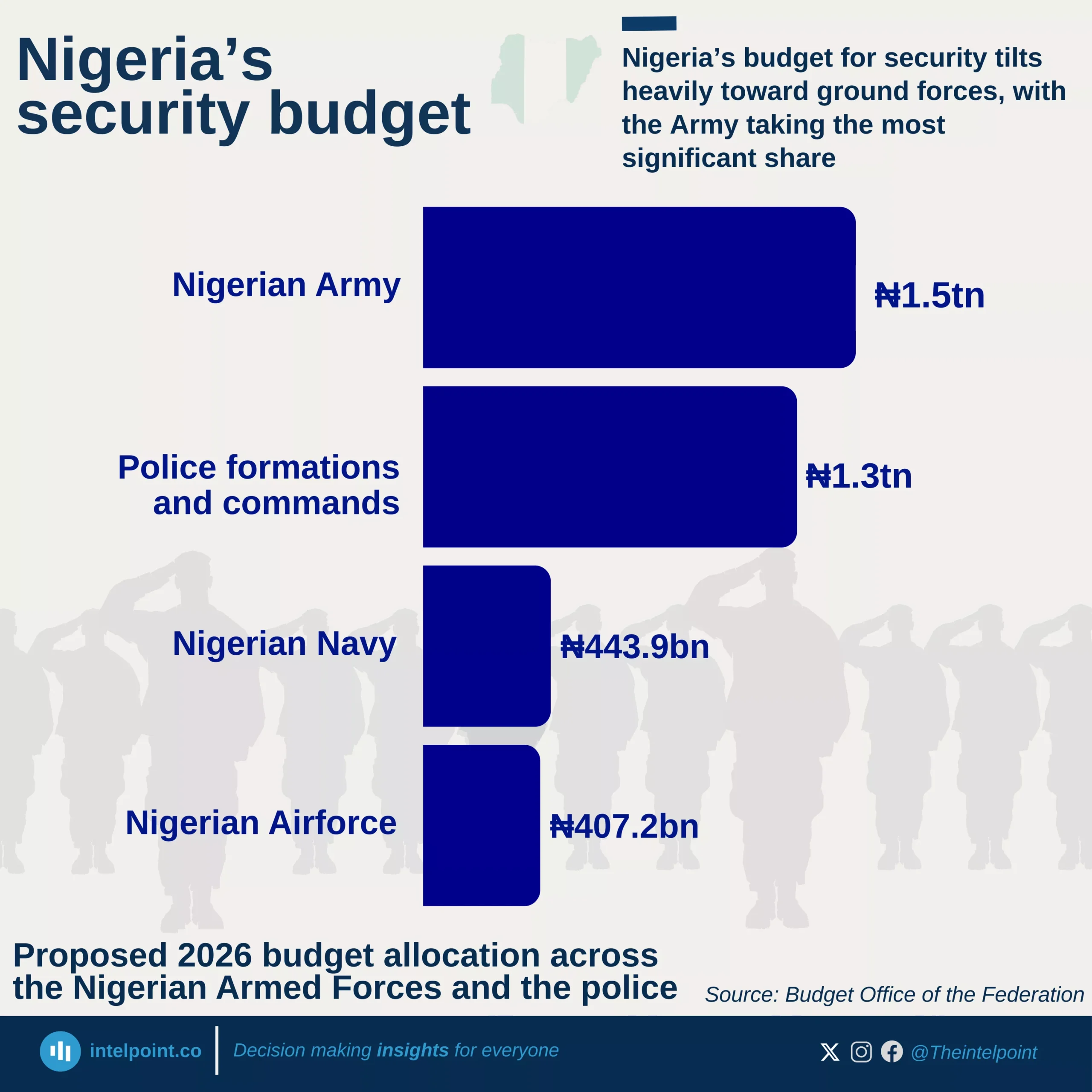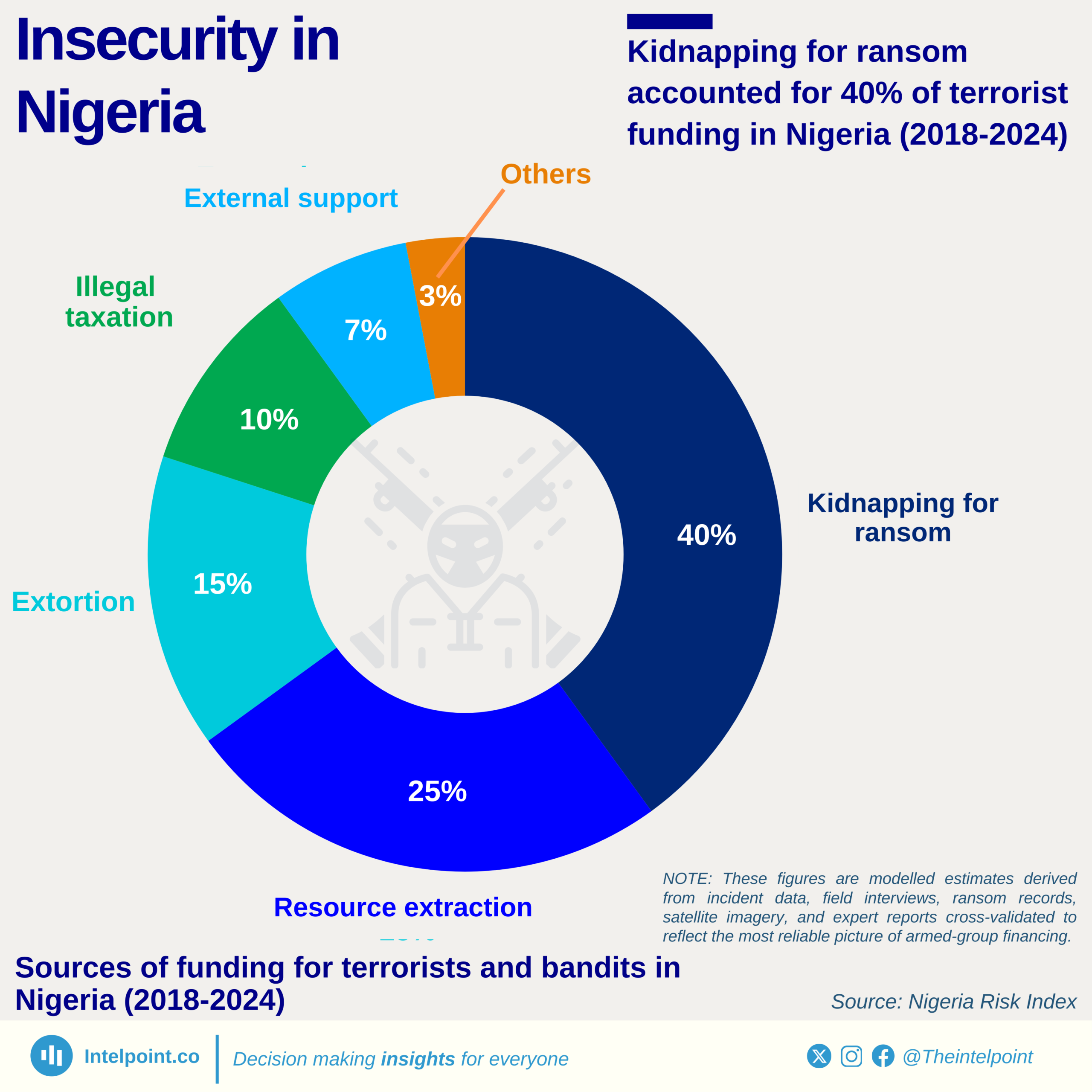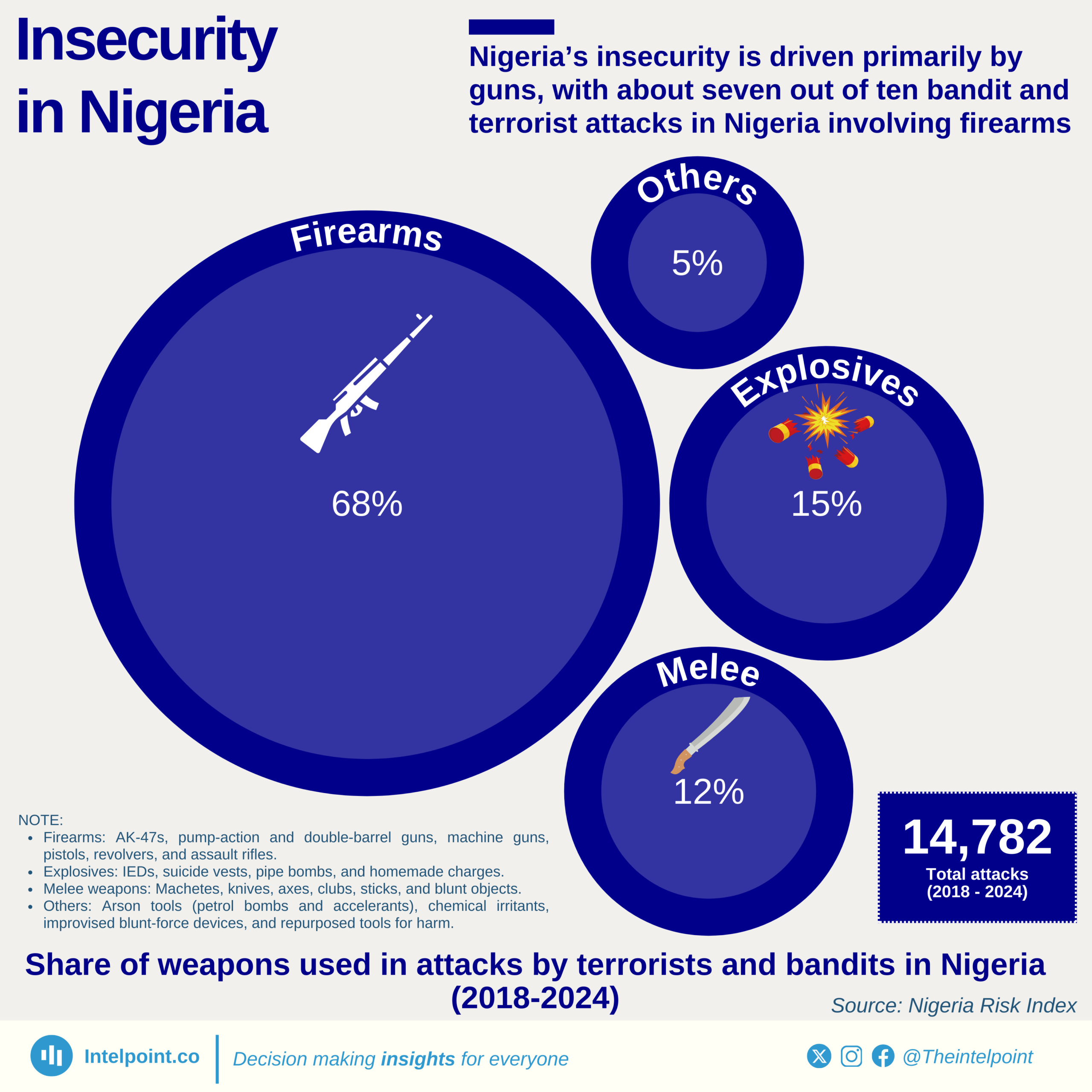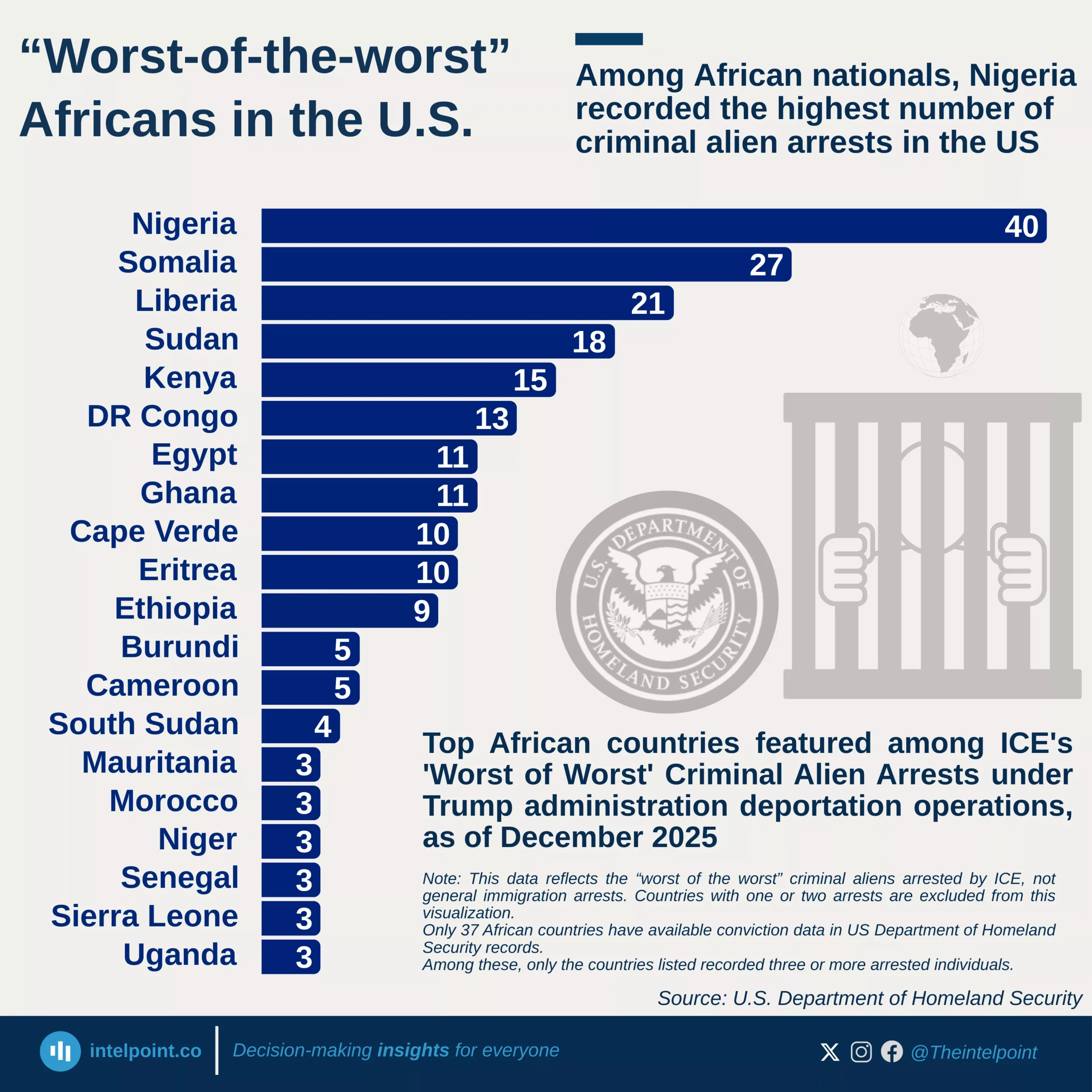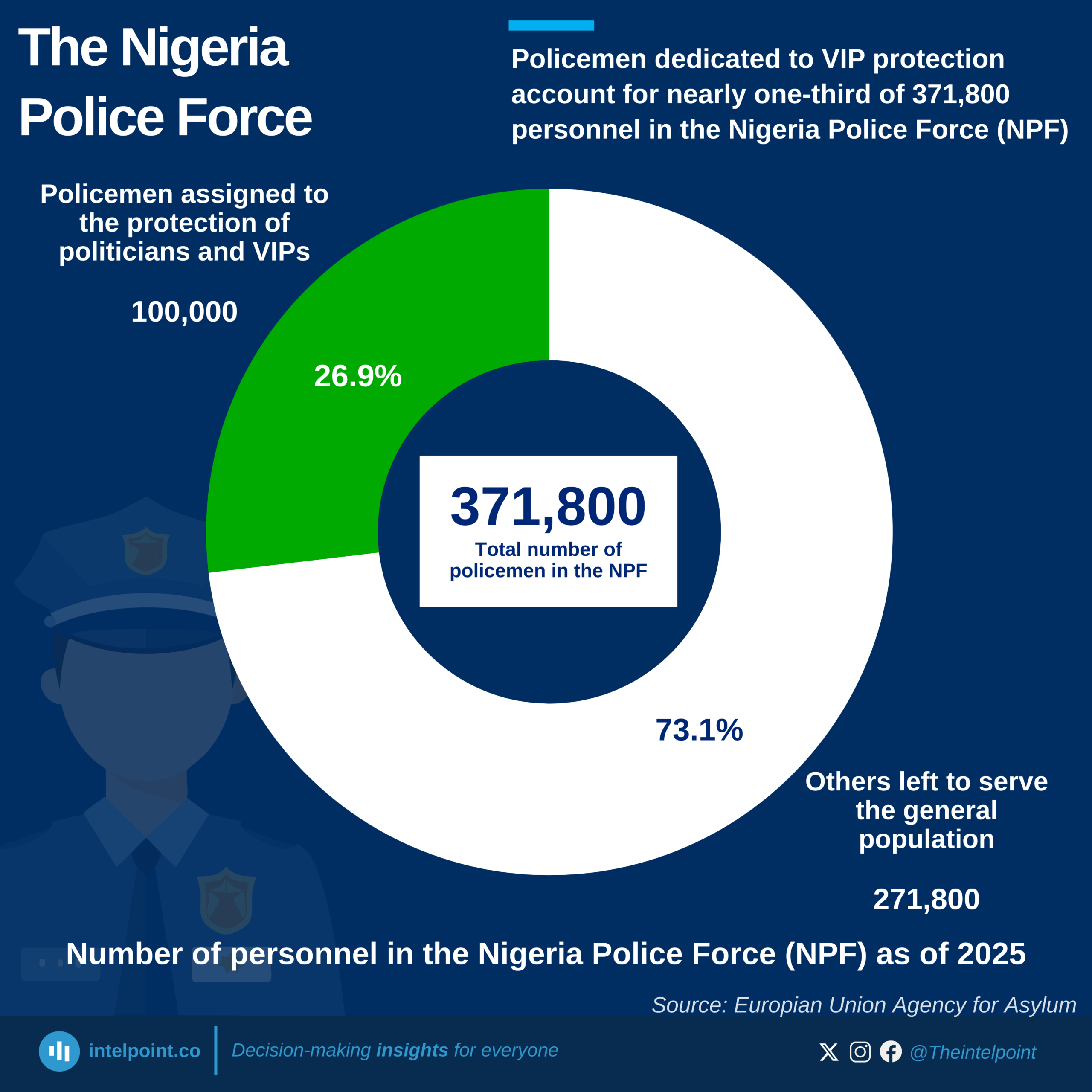In 2023, the World Internal Security and Police Index (WISPI) ranked Nigeria 122nd out of 125 countries, scoring it just 0.27 overall. The data highlights glaring issues: only 0.05% of thefts are reported to police, while 81% of Nigerians surveyed in the Global Corruption Barometer said they paid a bribe to a police officer in the past year, reflecting a deep trust deficit. Sub-Saharan Africa overall ranks lowest globally, but Nigeria’s case is extreme, with weak legitimacy, poor outcomes, and a strained capacity to manage internal security.
The impact is not abstract. Just yesterday, a secondary school student on his way to write WASSCE was mistakenly shot dead by police officers during a joint traffic enforcement operation with the Oyo State Traffic Management Authority (OYTMA). According to the police, the officers were attempting to stop a black Honda Accord driven by the deceased’s father for driving against traffic. It’s these real-life tragedies, compounded by public fear and police impunity, that the index data helps explain.
The World Internal Security and Police Index measures the performance of police and internal security systems based on their capacity, processes, legitimacy, and outcomes. While there are officers doing honest work under tough conditions, the occurrence of these bad events often mars public perception. Nigeria, and Sub-Saharan Africa’s low scores, point to a need for urgent reform in both training and accountability.
